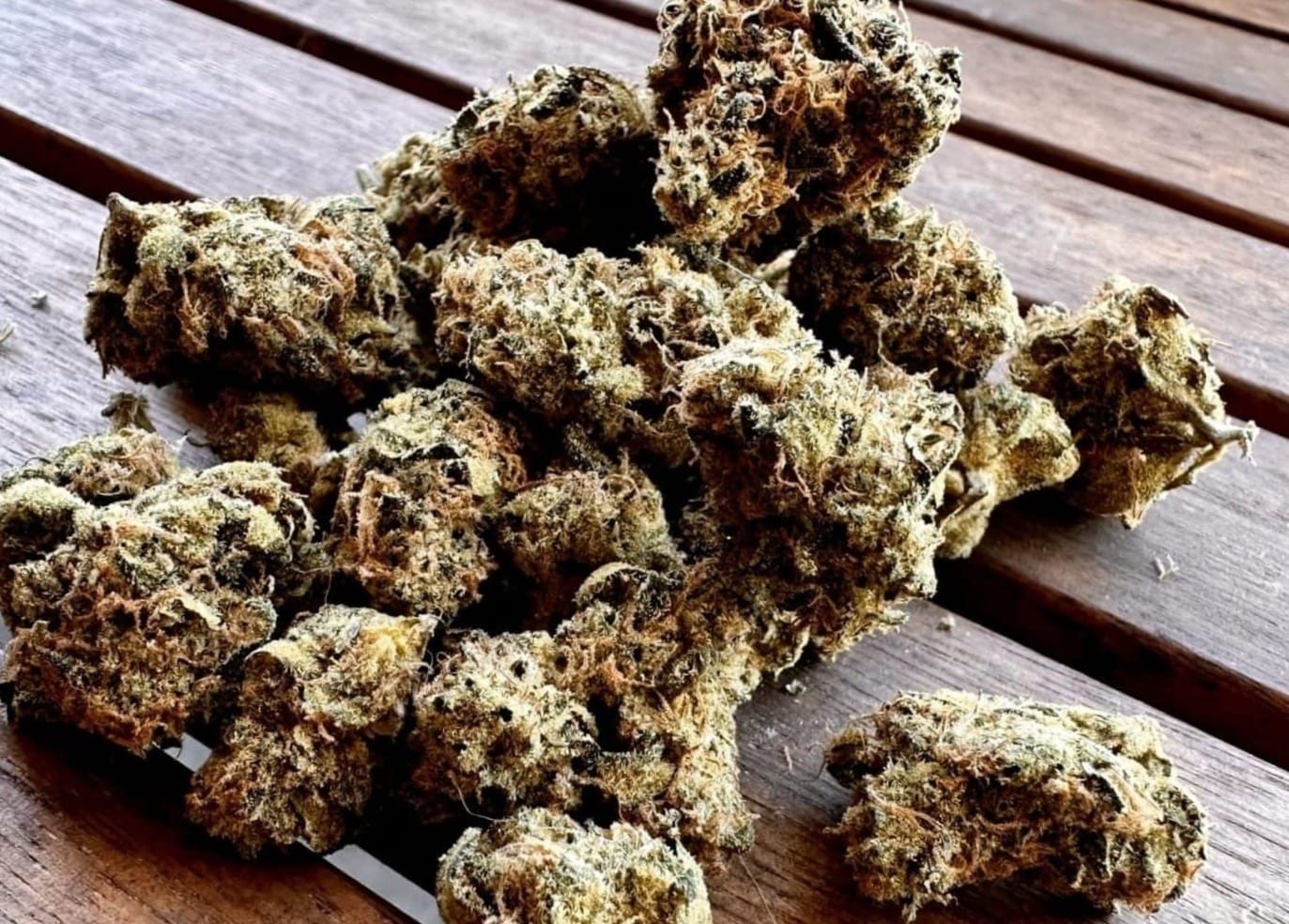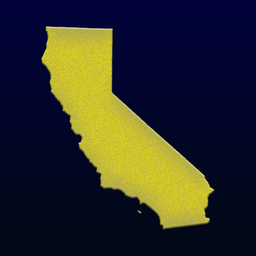California to enact maximum cannabis tax spike on July 1—despite industry warnings
California's cannabis excise tax will jump from 15% to 19% on July 1, 2025. Here's why it’s happening, what it means for consumers and retailers, and how state leaders are trying to reverse the policy.
California regulators have confirmed that the state’s cannabis excise tax will increase from 15% to 19% on July 1, 2025—the maximum rate permitted under existing law. The 26% tax hike stems from a 2022 law that requires automatic adjustments when excise revenue drops below a state-calculated baseline.

The increase comes as California’s legal cannabis industry faces mounting financial pressure. Thousands of licensed operators have closed in recent years, unable to compete with the untaxed and unregulated illicit market.
The Mechanism Behind the Increase
The tax hike is the result of changes made to Revenue and Taxation Code Section 34011.2 through Assembly Bill 195, signed into law in 2022. While AB 195 eliminated the state's cannabis cultivation tax as of July 1, 2022, it also included a provision requiring the California Department of Tax and Fee Administration (CDTFA) to raise the excise tax rate in future years to recover lost revenue.
As the Legislative Counsel summary explains:
“AB 195, beginning in the 2025–26 fiscal year and every 2 years thereafter, requires the California Department of Tax and Fee Administration to adjust the cannabis excise tax rate by a percentage that will generate an amount of revenue that would have been collected pursuant to the cultivation tax imposed prior to its discontinuation, as specified, not to exceed 19% of the gross receipts of retail sale.”
In accordance with that mandate, the CDTFA announced on May 2 that the cannabis excise tax will rise from 15% to 19% starting July 1, 2025.
Retailers Will Feel the Burden at Checkout
Unlike a flat tax, the excise tax is based on gross receipts—a total that includes the product’s price, local business taxes, delivery charges, packaging, and service fees.
According to CDTFA guidance, a $35 cannabis product purchased in a city with a 10% local cannabis tax and a $5 delivery fee could result in a tax base of $43.50. At a 19% rate, the excise tax would be $8.27, before sales taxes are even added.
Additionally, retailers must clearly list the excise tax on receipts. Failing to do so may result in the entire amount being subject to tax once again.
Industry Leaders Sound the Alarm
Jerred Kiloh, president of the United Cannabis Business Association, said the move will only deepen the challenges facing legal operators, per an SFGate report:
“More businesses will close sooner as the legal price is just too far away from illegally obtained products. Less investment in starting or continuing cannabis operations will occur, and demand for cannabis licenses will decline exponentially,” Kiloh said.
Amy O’Gorman Jenkins, executive director of the California Cannabis Industry Association, also warned the change could be disastrous without immediate intervention by lawmakers.
“We’re urging the Legislature and Administration to act quickly and freeze the tax at 15%. If we want a regulated market to survive in California, the time to intervene is now,” Jenkins said in a statement to SFGate.
Legislative Efforts to Reverse the Policy
In February, San Francisco Assemblymember Matt Haney introduced Assembly Bill 564, which would repeal the mandatory tax adjustment requirement and keep the excise tax permanently fixed at 15%.
The bill passed its most recent committee vote unanimously on April 24. If signed into law before July 1, it could prevent the tax hike from taking effect.
What to Expect in July
If no legislative action is taken, California’s cannabis excise tax will rise to 19% statewide on July 1. Combined with local business taxes, delivery charges, and sales tax, the effective cost of a legal cannabis purchase may rise by several dollars.
Retailers are expected to update their point-of-sale systems, receipts, and tax reporting practices to comply with the new rate.
State officials advise businesses to review the CDTFA’s Tax Guide for Cannabis Businesses for compliance details and updated tax calculation examples.








